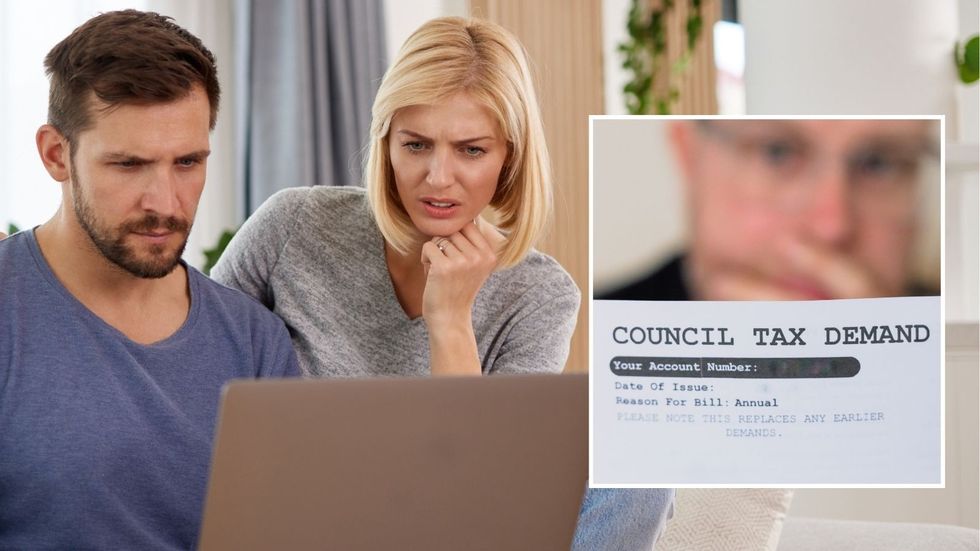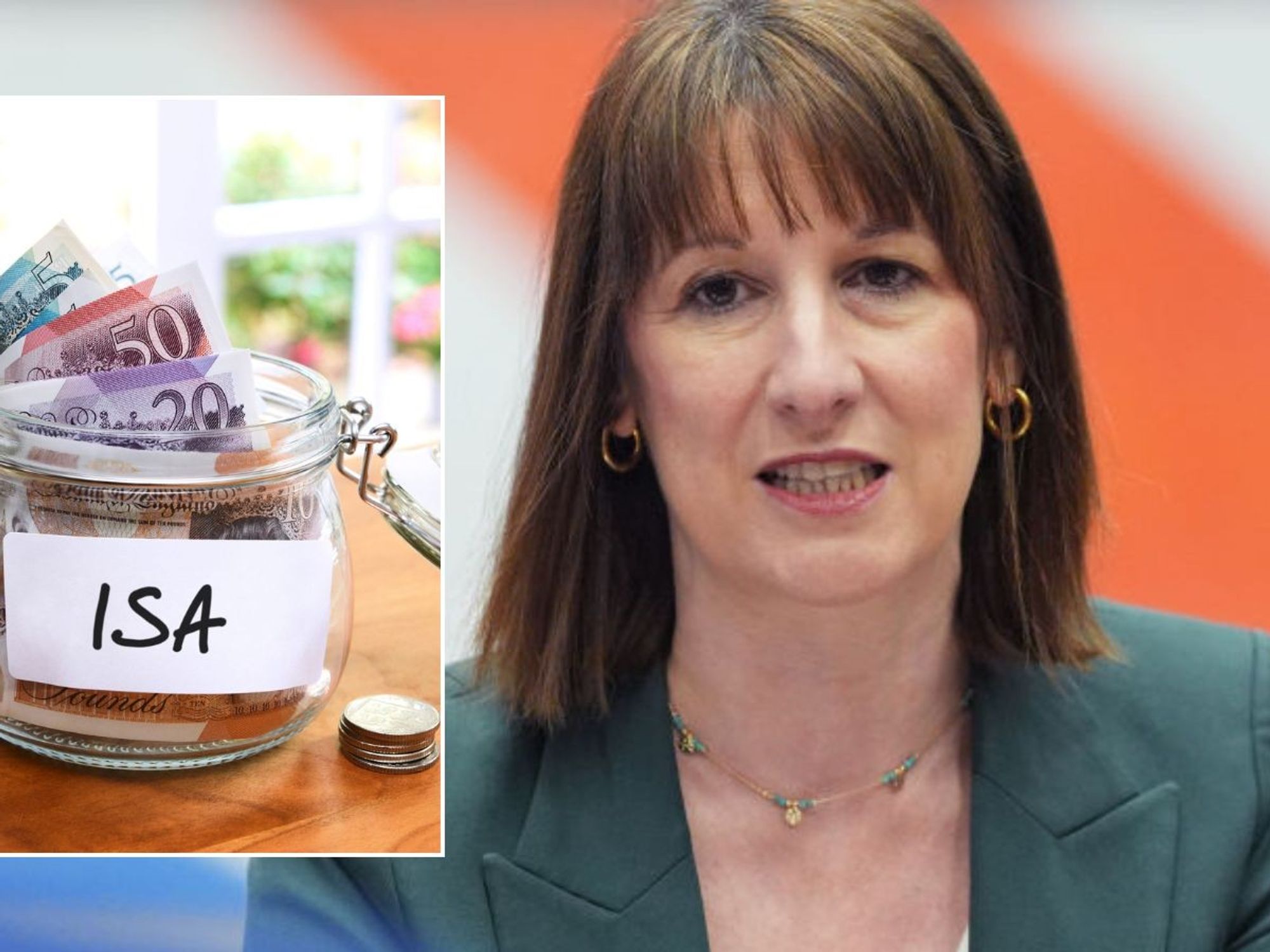Council tax arrears have risen to £6 billion a year, new research has found
GETTY
Council tax arrears have risen to £6billion a year, new research has found
Don't Miss
Most Read
Trending on GB News
Britons on low incomes who are responsible for paying the council tax may be able to get help with some or all of their bill.
As millions of people find themselves struggling to keep up with council tax bills, Britons are urged to check if they can get a reduction.
Some 1.3 million households are struggling to pay their council tax bills, figures show.
Council tax arrears have risen to £6billion a year – two thirds more than before the pandemic, according to a report by thinktank the Centre for Social Justice (CSJ).
Those in arrears face harsh enforcement measures imposed by town halls and carried out by bailiffs, as well as the threat of imprisonment, the CSJ claims.
The average amount of council tax owed by those who have approached debt advice charities has more than doubled in the past 10 years, from £756 in 2013 to £1,726 in 2023, according to figures within the new “Still Collecting Dust: Ensuring fairness in council tax collection” report.

Councils in England have been given the power to charge additional council tax of up to 100 per cent on second homes
GETTYWho can get a council tax discount?
Britons could be eligible if they’re on a low income or claim benefits. Their bill could be reduced by up to 100 per cent
People can apply if they own their home, rent, are unemployed or working.
The amount someone can get depends on:
- where they live as each council runs its own scheme
- their circumstances (for example income, number of children, benefits, residency status)
- their household income - this includes savings, pensions and their partner’s income
- if their children live with them
- if other adults live with them
Britons entitled to Universal Credit, Income Support, income-based Jobseeker's Allowance, Income-related Employment Support Allowance or the 'guarantee credit' of Pension Credit could get maximum help with their council tax.
It should be noted that if an individuals has savings of over £16,000, they can't normally get council tax reduction, unless they're aged 60 or over and getting the 'guarantee credit' of Pension Credit.
People can get a discount of at least 25 per cent if they live alone. There are also other council tax discounts that people may be eligible for such as if they are:
- Carers or a care worker
- Patients in homes or hospitals
- People in detention
- Religious communities
- Residents of hostels or night shelters
- Severely mentally impaired
- Single persons
- Student nurses
- Students and trainees
Some properties are exempt from paying council tax, for example, properties that only students live in.
Most asylum seekers and people sponsored to be in the UK won't get council tax reduction
To find out more about what discounts, reductions and exemptions are available for council tax, people can visit their local council website and see how they can go about making the claim.
The CSJ report found that households who fall behind on their council tax are significantly more likely to be on a low income and show signs of deprivation.
It said: "We find that lower council tax collection rates are significantly correlated with income deprivation. We also find that higher enforcement use is correlated with income deprivation."
Matthew Greenwood, head of debt at the CSJ, said: “The further steep rise in council tax arrears to a historic high of £6bn is yet more evidence that in many cases, the process of collection is failing local authorities and taxpayers alike.
“Some people won’t pay their council tax even though they have the money and they should face the full force of the law.
"But our evidence shows that the majority of non-payers are unable to meet their commitments and the often harsh repayment methods used by many local authorities are making repayment rates worse, not better.
“Adopting a more proportionate collection system would drive up the amount of money brought in by councils in the long term.
“Enforcement is an invasive procedure by its nature and putting the Enforcement Conduct Board on a statutory footing would ensure that vulnerable households have practical recourse to protection should things go wrong.”







